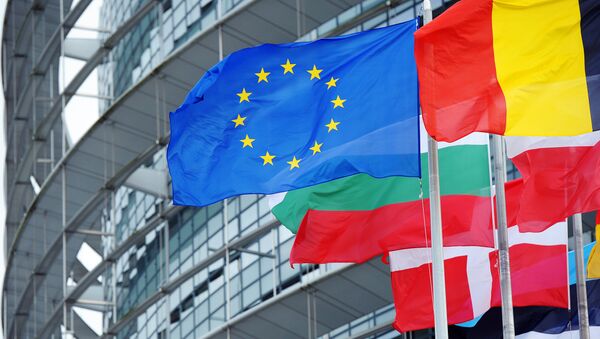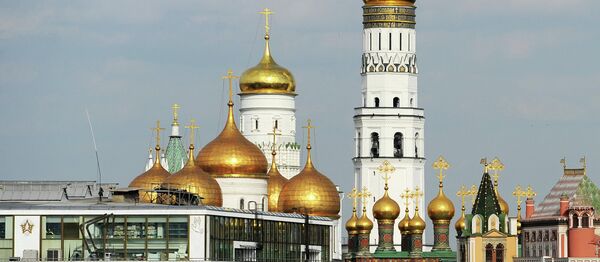German Foreign Minister Frank-Walter Steinmeier said in late May that the sanctions' relief can be discussed if progress in the implementation of the Minsk agreements is achieved.
"The idea is that with small rewards, Moscow would perhaps be more willing to make concessions. Because the sanctions indeed have affected the Russian economy, but their political impact has failed," the magazine wrote.
Since 2014, the United States and the European Union have coordinated sanctions targeting Russian individuals and key sectors of its economy. The sanctions were initially imposed in response to Crimea's reunification with Russia and Western allegations of Moscow's involvement in the Ukraine crisis.
Moscow has repeatedly refuted allegations of meddling into Ukraine's internal affairs. In response to the Western sanctions, Russia has sanctioned US individuals and also imposed a food embargo on some European countries.
At the St. Petersburg International Economic Forum, Russian President Vladimir Putin said that Moscow could withdraw its food embargo against European countries, if the EU would put pressure on Kiev in order to reach progress in the peaceful settlement in Ukraine.
"It was a clever move by Vladimir Putin," the magazine wrote.
Presumably this week the EU will decide on the extension of sanctions against Russia.
"The upcoming extension of the EU sanctions might be the last one. Critics of restrictive measures indicate that Russia can't ensure the implementation of the Minsk agreements alone — because the Ukrainian government is also involved in the issue. And as noted by some observers in Brussels, it [the Ukrainian government] would be pleased if the anti-Russian sanctions will last even longer," the magazine concluded.


